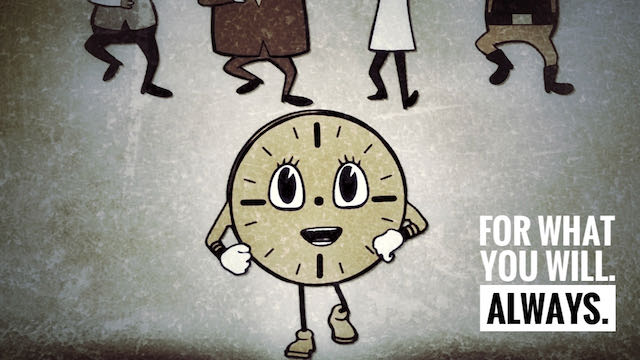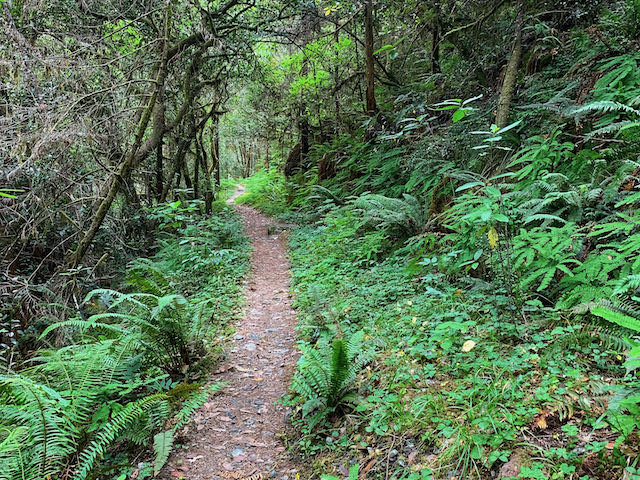Academia’s work hours are weird. So is our approach to work[ing]. So much of our identity is wrapped up in that work. The same could be said of libraries in general; and so I imagine this is doubly problematic for academic librarians. A 2018 study by Tamara Townsend and Kimberly Bugg found that 40% of academic librarian respondents would consider leaving their current position to achieve greater work-life balance, and 31% of respondents would consider leaving the profession as a whole to achieve a greater work-life balance. That is a staggering statistic!
I believe that many of us in academic libraries (for a time, myself included) feel that our work is unique: that it requires us to give up more of ourselves for some “common good” (see also: vocational awe). But the same could be said of a host of other occupations: what makes our work any different?
This thinking is probably why I was so attracted to this opinion piece in the New York Times by Bryce Covert, who writes on the economy, with an emphasis on policies that affect workers and families. As she points out:
Studies show workers’ output falls sharply after about 48 hours a week, and those who put in more than 55 hours a week perform worse than those who put in a typical 9 to 5.
Among the participants in the studies Covert cites we find munitions workers, IT professionals, and civil servants. Add to this the negative long-term effects on one’s health, what benefit is there to academic librarians to regularly push work (especially scholarship) into our leisure time? Covert concludes:
We have to demand time off that lasts longer than Saturday and Sunday. We have to reclaim our leisure time to spend as we wish.
For the past few months, I have been consistently limiting my work hours to be as close to a “normal” 40-hour week as possible. This covers not only my performance duties (ie. librarian work), but my scholarship and service as well. Surprisingly to me (though, not surprising to anyone who has studied this phenomenon), I not only feel more accomplished, but I am able to mentally close up shop each day with less of a struggle.
I continuously encourage my team to do the same, and try to set an example for my colleagues by, for example, not responding to emails or sending DMs outside 9-6 hours, or always trying to estimate how much time I am asking of someone before I request support on a project. Even though burnout is as much (if not more) an organizational problem and not entirely the result of individuals’ actions, I still feel I should make personal changes where I am able.

